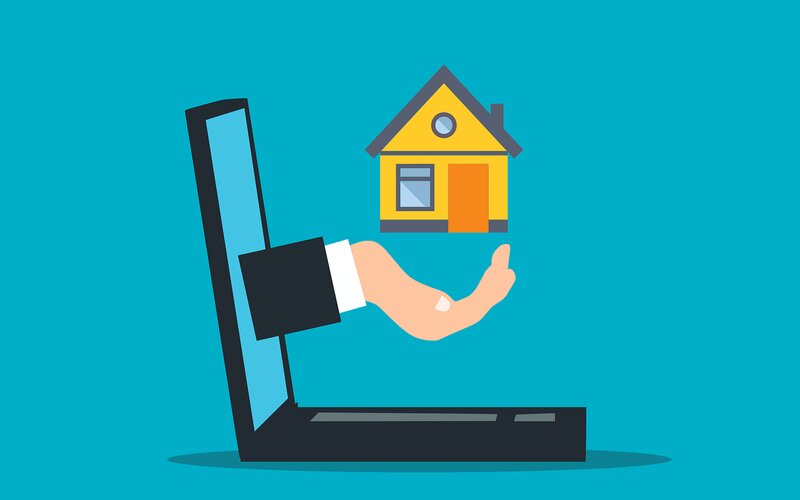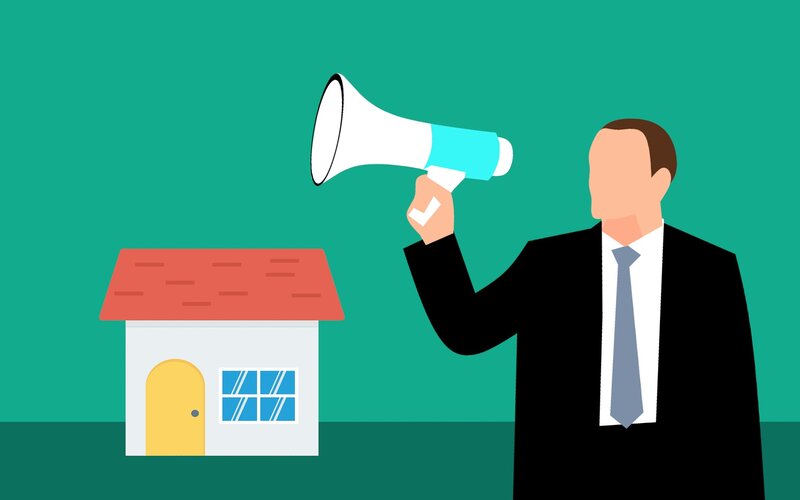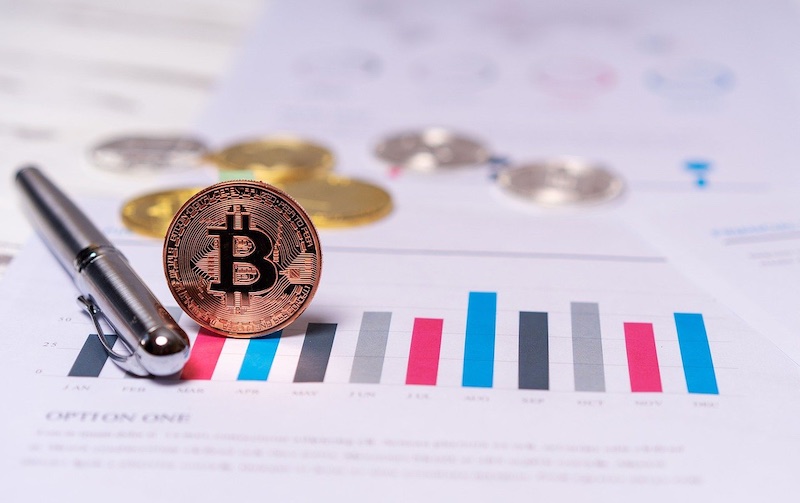If you’re trying to get on top of your finances, you may not know what to do first. The question arises: is it better to accumulate some savings, start investing your money, or pay off any debt lingering over your head? Unfortunately, there’s no easy answer to this question.
Maybe you’ve just started earning more money or decided it’s time to really take the wheel on your financial situation. No matter why you’re doing it, each option is a great way to take control of your money - but which option should take priority?
Ultimately, how you approach getting on top of your finances will come down to you. Whether you pay off debt, save or invest your money - these are all great steps for getting your money situation in order. Let’s rundown whether it’s better to save money, invest, or pay off debt.
Advertisement
Need somewhere to store cash and earn interest? The table below features savings accounts with some of the highest interest rates on the market.

- Bonus rate for the first 4 months from account opening
- No account keeping fees
- No minimum balance
What should you do first: save money, invest or pay down debt?
According to money coach and author Max Phelps, to answer this question, he asks people to rate themselves and their partners' money habits or categorise their money personality: saver/tight-arse, balanced or spender/shopaholic. From here, he said the answer comes down to what’s on the horizon and personal goals.
Save money
Taking charge of your money can start by saving more of it. Whether your savings journey starts in the form of cushioning your existing account or setting up a separate emergency savings fund - having money stashed away is a great idea.
“Spenders and shopaholics tend to build up personal debt, such as credit cards, personal loans and car loans,” Mr Phelps told Savings.com.au.
“The first goal for this group is to control their spending by giving themselves a weekly and separate monthly allowance, with bills automated through an account they have no card access to.”
Mr Phelps said the idea is to only spend the allowance, which will ultimately free up funds to then start clearing debt or investing. Controlling your spending is the first step before saving, investing or paying off debt comes into the picture.
He said that for spenders and shopaholics, paying off credit card debts/personal debts first “generally makes sense” but only if they are cut up, closed and never applied for again.
Financial educator and money author Vanessa Stoykov said it’s crucial to save money first.
“It totally depends on your situation, so I’d recommend seeing a financial adviser to talk about your specific circumstances,” Ms Stoykov told Savings.com.au.
“As a rule of thumb I’d say it’s crucial to have at least six months' salary in your savings account - three months absolute minimum - to access as a nest egg or emergency fund if you need it.”
It should be noted attempting to control a partner’s spending or money habits can be a form of financial abuse, so tread carefully when discussing money matters with your partner.
How to start saving
Creating a budget is one of the easiest ways to keep track of and save your money. From this budget, you can work out your weekly/monthly allowances.
Very briefly, here are some simple steps you could take to start setting up your first budget.
-
Calculate your take-home pay (after tax) for the month
-
List all of your expenses for the month
-
Categorise all of your expenses (groceries, bills, subscriptions, rent/mortgage, debt repayments)
-
Find a budget planner. You may like to use an Excel spreadsheet or a budgeting app - whatever works best for you
-
Choose a budgeting method (buckets, percentages, or your own)
-
Review your budget regularly or when circumstances change
-
Create a savings plan
-
Lock away your savings (we’ll get to that in a moment)
-
Automate your savings to stay consistent
-
Be disciplined but not too harsh on yourself
Also read: How to budget: the ultimate guide to budgeting & saving
Mr Phelps said it’s beneficial to separate your savings based on what it is you’re saving for. For example, if you’re saving for a holiday as well as just saving in general, keep these funds apart. This way, you can clearly see how you’re tracking towards each savings goal and won’t be tempted to touch certain savings. He also said it’s wise to save with a five-year timeline in mind.
“With less than five years, for example to save for a house, saving with a different bank to their spending bank will give them the best chance of hitting their deposit goal,” Mr Phelps said.
“Saving for holidays should always be separate to their future savings, to distinguish which savings can be spent later and which must not be accessed until they’re ready to buy.”
How can you save more money?
There are some easy ways to give your savings account a little boost. Though interest rates are currently quite low, there are still some high-interest savings accounts that you can use to make your money work for you.
You could also consider using a round-up app, which takes the few cents left over from every transaction and rounds it up, depositing this change into your savings account. For example, if you purchased a coffee for $4.50, you could round up to $5 and save the 50 cents from this transaction. Some banks have this as a feature on their transaction accounts.
You can can things out of your budget to boost your savings as well. Your Netflix and Amazon Prime subscriptions may have to bite the dust, but this can see you starting to save more quickly.
Also read: 10 popular mobile apps for budgeting and saving
Pay off debt
Whether you decide to save first or pay off your debt, you may be wondering: what debts take priority over others? The answer is: personal debt.
Mr Phelps said that clearing debts like credit card debt, car loan debt, and personal loan debt generally comes first and plays into the “debt snowball effect”.
“[The debt snowball effect] works on the psychology of confidence building by clearing debts smallest to largest,” he said.
“Clearing the small debts gives a dopamine hit that they’re used to chasing by shopping.”
Which debt comes first once you’ve got the small stuff out of the way? According to Mr Phelps, paying off your home loan debt should “always be first priority” to reduce the risk of spending your hard-earned savings.
“Once they’re in their forever home, quickly paying down the debt should be the first priority,” he said.
Mr Phelps said if your money personality is balanced, you can likely skip the allowances and pay off any small personal debts so that you can start saving up for a home/paying it off. Same goes for savers and tight-arses.
So, according to Mr Phelps, the answer to this question is clearing debt first - but not necessarily all of it.
What about paying off HECS-HELP debt?
We’ve talked about personal loans, credit cards, car loans, even paying off home loan debt. But what if you have another debt lingering over you that you often forget to think about: your HECS-HELP debt. Do you also prioritise paying this debt off, or should saving/investing take priority?
“HECS-HELP is usually the cheapest and last debt to clear and generally we’d only suggest paying it off early, if it helped with borrowing capacity towards the next property purchase,” Mr Phelps said.
“If [you’re] clearing HECS-HELP debt, the best time to pay it off is May 31st, since there’s no interest charged all year until 1st June when the balance is increased by inflation for the year.”
Investing - how, what, and when?
Mr Phelps said once personal debt is cleared, starting to save is a good idea. He also said putting money into an index fund (so investing) could be a good way to hide money from yourself and earn better returns than savings accounts. However investing isn’t without risk.
This also depends on your money personality, financial/personal goals and your timeline. For spenders/shopaholics, he suggests an investment property down the track if you’ve got a 10-year timeframe in mind.
For balanced money personalities, Mr Phelps said they could consider investing in shares depending on the interest rate environment.
“Depending on interest rates, amount paid down and timeframe, it might be worth redrawing the equity to invest in property or shares,” he said.
“For example, redrawing from a loan at 2.5% to invest in shares returning 6 to 8% would both allow the interest on that part of the loan to be deductible and obviously give a net positive return.”
For savers/tight-arses, building up enough savings/equity to buy investment properties, which will give them a “much greater return than shares” due to the gearing effect.
“For example, $100,000 in shares growing at 6 to 8% per year will generate $6,000 to $8,000 benefit, whereas $100,000 invested into a $600,000 property growing at 3 to 5% per year, will generate $18,000 to $30,000,” Mr Phelps said.
The return on any investment isn’t guaranteed, however, and past performance is not an indicator of future performance.
Ms Stoykov said that if you think you’ll need to tap into your investments at some stage, investing in something that pays dividends - like some shares - is a “good option”.
“[This] is a good option as it means you have extra cash flow and your money isn’t too tied up in assets,” Ms Stoykov said.
“However, if you are confident in a more long-term options, purchasing a property is a go-to for many Australians and if you have the opportunity to pay off your mortgage faster I’d encourage this as you don’t want to have it over your head forever.”
Investing through super
Ms Stoykov said contributing to your superannuation could be a good option if you don’t want to invest in property, shares or another asset and you don’t have any other debts to clear.
“Contributing to your super fund is a great (and tax effective) way to improve your financial future,” Ms Stoykov said.
“No matter what option if your preferred method, diversification is key. You never want to put all of your eggs in one basket, so having a few assets across different sectors lowers your risk significantly.”
Superannuation investment earnings are typically only subject to a 15% tax, as opposed to capital gains tax when investing outside of super. On the downside investment returns are usually only accessible once a member retires or hits preservation age.
Image by Towfiqu Barbhuiya on Unsplash







 Rachel Horan
Rachel Horan














